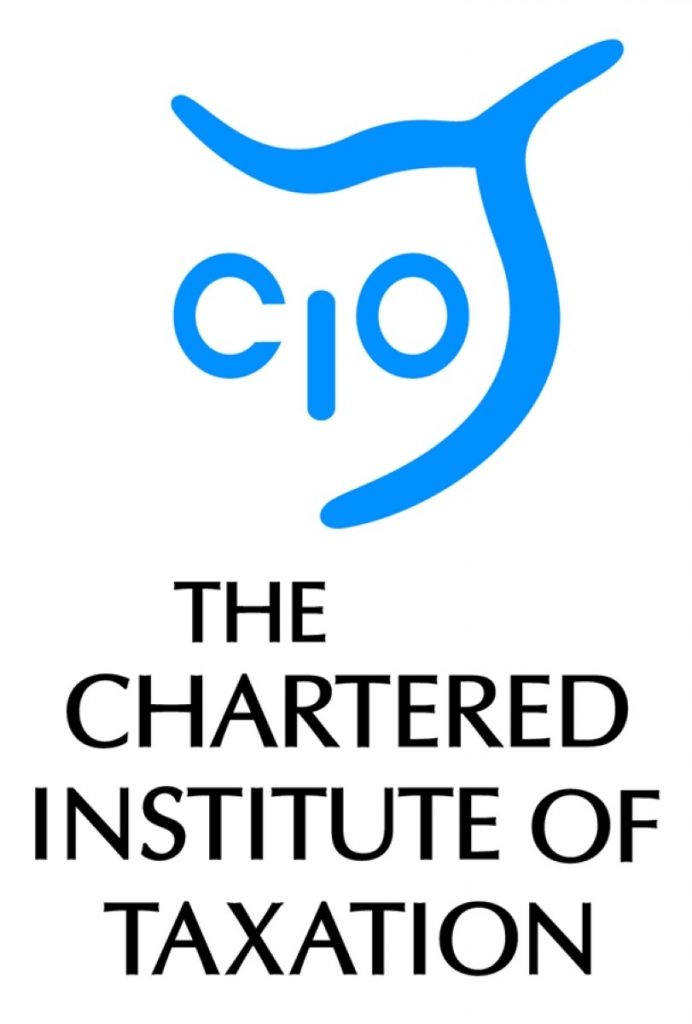CIOT delighted that HMRC keeps power to drop inequitable tax demands
The Chartered Institute of Taxation (CIOT) has expressed delight at the announcement in the Pre-Budget Report that its campaign to retain the ‘equitable liability’ practice has been successful.
HM Revenue and Customs (HMRC) and its forerunners have long had the power not to pursue tax in cases where it would be ‘unconscionable’ (excessive and unfair) for them to do so. This is the ‘equitable liability’ practice and applies in cases where, although an amount is technically due (typically because a taxpayer has missed the deadline for appealing against an HMRC estimate of their tax liability because of ignorance or misunderstanding about procedures), the taxpayer can demonstrate that the true amount of tax which should be payable is less. Often it is the most vulnerable taxpayers who have benefited from HMRC’s exercise of discretion in these cases.
A review in 2008 listed the practice among a number of concessions scheduled to be abolished from April 2010. This followed a court ruling in 2005 that HMRC had no power to alter tax demands unless there was specific legislative power.
However, following strong representations from the CIOT, led by the Institute’s President, Andrew Hubbard, and others, the Government have announced that they will be legislating at the earliest opportunity to retain the practice.
Welcoming the news, Andrew Hubbard said:
“This is very good news indeed.
“The most vulnerable in society need protection when things have gone badly wrong, even when they themselves may have caused the problems by their own action – or more often inaction – and the equitable liability practice was an important safety valve of last resort. So I am delighted that a decision has been taken to introduce legislation to put this on a proper, permanent footing.
“It is clear that the Government were caught by surprise by the strength of the reaction to their proposal to abolish this practice. To their great credit they immediately agreed to sit down with us and other tax professionals and listen to our concerns.
“We presented a careful analysis of the legal background to the practice and suggested ways in which the practice could be given legislative effect, and we coupled this with a number of real examples of cases where equitable liability had been used to prevent what would otherwise have been a wholly inequitable result. We were considerably helped by the examples sent to us by our members.
“Following last month’s HMRC Charter, this is another example of how constructive working between HMRC and tax professionals is leading to beneficial results and a fairer tax system – and that is in the interests of tax collectors, advisers and payers alike.”
Notes to editors
The Chartered Institute of Taxation (CIOT) is a charity and the leading professional body in the United Kingdom concerned solely with taxation. The CIOT’s primary purpose is to promote education and study of the administration and practice of taxation. One of the key aims is to achieve a better, more efficient, tax system for all affected by it – taxpayers, advisers and the authorities.
The CIOT’s comments and recommendations on tax issues are made solely in order to achieve its primary purpose: it is politically neutral in its work. The CIOT will seek to draw on its members’ experience in private practice, government, commerce and industry and academia to argue and explain how public policy objectives (to the extent that these are clearly stated or can be discerned) can most effectively be achieved.
The CIOT’s 14,900 members have the practising title of ‘Chartered Tax Adviser’.
– ENDS –
George Crozier
External Relations Manager
D: +44 (0)20 7340 0569
M: +44 (0)7740 477374
The Chartered Institute of Taxation
Registered charity number 1037771
www.tax.org.uk





-01.png)